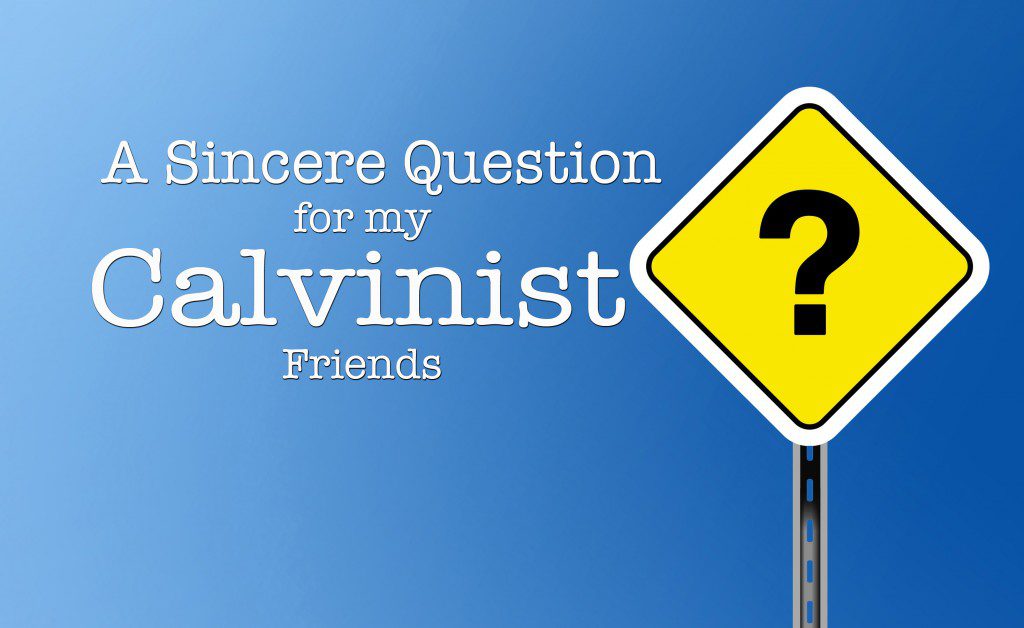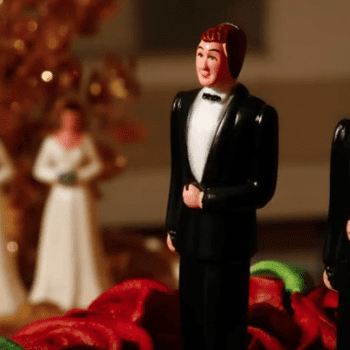
This post is part 2 of a series on human trafficking I am doing with trafficking survivor, Meg Munoz. In this post, I’ve asked her if she’d share her story with us. You can find part one, here.
…
BLC: From what I know of your story it seems you have experience / a keen understanding of multiple sides of the sex industry and human trafficking, having a story that stems from both ends of the spectrum. Can you tell us a bit about your story?
Meg: “I think it’s important to realize that while there may be similarities, everyone’s experience in the industry and their reasons for entering is unique and personal. In my case, I entered into the industry fresh out of high school, escorting independently while working and going to college. I was curious, adventurous, and generally hungry for soaking in new life experiences. The thought of doing that AND making money was a no-brainer for me at 18. Shortly after I started to escort, I met a guy who introduced me to meth. It was an incredibly abusive and violent relationship, and I quickly became dependent on both him and the drugs, so much so that I was unable to function on any level. My life started to crumble a bit, so I dropped out of school and the industry for a while. I essentially dropped out of life.
The next few years were a blur of psychological/emotional/physical abuse, a failed stint in rehab, getting kicked out, multiple abortions, my first encounter with God, white-knuckling forced sobriety, a broken engagement, an eventual relapse, going back to school, and finding myself in a situation where I now had to financially and emotionally move out into independence and support myself. It was primarily for financial reasons that I re-entered in the industry in my mid-20’s.
And, recognizing that I was able to draw from cultural capital and privilege, it went really well … Overall, I had a fairly decent clientele, made good enough money that enabled me to support myself, had time to pursue my educational goals, and freedom to engage in other meaningful activities for me at the time. I had bad days as we all do, but I generally liked the work I was doing. But this isn’t just about comfort or being able to afford community college. Sex work (SW) prevented me from being homeless. It allowed me to feed and clothe myself. It literally kept me off the street and grounded during a time when there was a great deal of chaos, abuse, and uncertainty in my life. I was marginalized, criminalized, and grappling heavily with the social stigma associated with my work. Even though I felt isolated, I’m well aware that SW changed my narrative, kept me grounded, and saved my life.
Most people don’t understand that SW can be so much more than just showing up and providing a sexual service. I was seeing clients who were longing to emotionally connect, feel safe, and find comfort in ways that they weren’t able to in the context of other relationships, for whatever reason. I saw men who’d lost their wives to cancer and just wanted to talk and feel someone’s skin against theirs again. I saw men who had severe disabilities and did not date, but longed for personal and sexual contact. I saw men who were recently divorced and just wanted to feel comfortable around women again. I saw Veterans who had lost limbs and were afraid of rejection, but longing for touch. I saw men who had experienced deep childhood trauma and the notion of deep, lasting connection scared them. I saw men who I’m glad I only saw once. I saw a few men that I thought might kill me. I saw couples who wanted to explore and play safely. I saw tourists, bankers, law enforcement, businessmen, professors, sports figures, salesmen, musicians, accountants, teachers, real estate agents, construction workers, ad execs, politicians, and pastors … And they all taught me more about humanity and acceptance than I would ever have been able to learn otherwise. Granted, I had a few really horrible calls, but for the most part, every night was something new and an invitation to see people as individuals with humanity. I deeply value my experiences and the lessons they brought.
But, outside of, and unrelated to my industry experiences, things weren’t going so well. I was simultaneously enmeshed in 2 different abusive relationships: One was my boyfriend, the other was my closest friend with whom there was a very possessive, co-dependent, controlling dynamic. When not being abused by one, I was being abused by the other. In addition to that, I was essentially living a double life, trying to hide both my work and an addiction to meth from everyone but my friend (who knew and used with me).
About 2 ½ years into my return to the industry, things started to change. As most of know and understand, abusive relationships very rarely stay the same. They progress, they get worse, and that’s exactly what happened to me. Both men began to haggle for control of me, putting me in the middle of a great deal of conflict and the target of increased emotional, psychological, and physical outbursts and violence. Eventually I ended things with my boyfriend (and served him with a restraining order), but things weren’t as cut and dried with my friend. I lived with and rented from his parents, and he’d moved back into the same home. Things consistently escalated and my privacy and agency began to slip away very quickly. He started blackmailing me, threatening to tell everyone I knew that I was a SW, and a drug user. Coming from a law enforcement family, having experienced so much rejection and judgement from so many already, worrying about being homeless again, and fearing legal repercussions, I gave in hoping that I would pacify him enough for it to stop. But it didn’t, and it got worse. Eventually he wasn’t simply capitalizing off of my sexual labor, he was forcing me into it and taking every dollar he could get out of me. For the next 2 years, I lived in absolute terror, enduring unpredictable but consistent abuse. And then, it went someplace that I never imagined it would.
After a really violent beating and sexual assault, I instinctively knew that I was probably going to die if I didn’t leave. And I saw God, who had been walking with and strengthening me for years, open a door that only he could. I reconnected with someone who had held such a significant place in my life and he opened his home to me, creating the safe place and push I needed to leave. The next day, I waited for everyone to leave for work, threw everything I couldn’t live without in my car, and left.
I went to that safe place and never left. I moved in with Tony, got pregnant a few months later, married a few months after that, gave birth to my first beautiful son a few months after that, then found myself pregnant again only a few more months later. I was trying to parent and build this new life, all the while bouncing in-between emotional overload and numbness, as trauma and memories of abuse followed me. The stigma regarding SW I’d internalized haunted me. The socially induced shame I’d adopted ate at me. The flashbacks continued, the PTSD and anxiety grew, and my desire to wish it away and fit into my Evangelical culture gnawed at my every waking moment. I threw myself into church life … bible studies, fellowship events, women’s meetings, playdates, teaching Sunday School, blah, blah, blah …All it did was remind me of just how different I felt, how outcast I still felt within my community, and how unsafe my emotional and spiritual environment was. It wasn’t easy, and I tried everything I could to bury every secret I had for 8 years.
Until one day, I just couldn’t do it anymore. I felt as if I was literally crawling within my own skin. For years, Tony had been asking me when I was going to get honest about my ‘past.’ I told him it was never going to happen so he should stop asking. But one day, after another round of begging God to help me figure out what was wrong and take it all away, I got an answer that I wasn’t expecting. Very clearly, I felt him say “I can’t heal what you won’t acknowledge.” And it changed everything for me. That very day, the shame lifted completely and I experienced a freedom that I’d never felt before. I started to realize I’d been wearing someone else’s shame. I started to share bits of story, began healing, seeking a fresher understanding of God and healthy community in new ways. I started to work through my trauma and better understand my own experiences. I started to embrace and appreciate my time and work in the industry. I began to feel a warm kinship and fondness for those in the industry return. I started to realize I’d been blaming an entire industry for the actions of an individual. It’s been the most beautiful, ongoing, transformative, life-giving, humbling journey, and left me with a profound sense of gratitude for every experience I’ve had. And then, of course, my journey to start Abeni (abeni.org) began. I don’t ever want to minimize what’s happened to me and gloss over the trauma and abuse I experienced, but I’ve come to have an incredible amount of gratitude for the experiences I’ve had.”
BLC: It sounds like you have been on a windy, intense journey. What have been the biggest factors in you becoming who you are now? What things provided the most healing?
“Ha ha, yes, it’s been interesting to say the least, but I can honestly say that I’ve fallen in love with my journey, past and present. If I’m being honest, my journey and my understanding of it is constantly evolving, changing, and deepening. I’m a big believer in balanced and holistic healing, so there are so many different things that have driven my commitment to that. Without choosing one over the other, I definitely see a combination of the following having the most impact on my healing :
* A really messy, imperfect, unconventional faith that’s not afraid of being questioned, discovered, doubted, explored, and occasionally abandoned at times. I had to release myself from perfectionism and certainty in regards to spiritual theology. I had to release myself of feeling required to fit into a very painful, limited, traumatic, and confining religious box. For me, that meant leaving the evangelical church and re-finding Jesus. I learned how to embrace the unknown and found great freedom in not having all the answers — not having to have it all figured out actually gave me greater space to receive and love myself and others in ways that I hadn’t been able to before. I went from “I have to…” , to “I get to…” and that was life-changing for me. I was empowered to own my spiritual walk, and was no longer leaving my faith and spiritual growth in someone or something else’s hands. My faith is now my own and not dictated by doctrinal or political affiliations.
* A community that sees and receives me, allows me to be all fucked up and vulnerable, and is more interested in me as a person than they are my theology, activism, or label. That is a humbling and beautiful gift. We don’t heal in a vacuum or isolation, so my husband, my kids, my spiritual home at EPIC Church, my friends, my sex work community, my house church, my Board, my Pastors (Kevin and Erin), my colleagues, and my online community have been– and continue to be– critical components of my everyday life, as well as my healing.
* An ever-growing understanding of how my own life, experiences, and relationships have shaped and influenced EVERYTHING. I’m really committed to embracing and walking through my trauma, interpersonal conflicts, self-loathing, body image issues, addiction roots and behavioral patterns, co-dependency, deeply rooted fears, triggers, emotional wounding, psychological blocks, and relationship issues (everyone has baggage!). I don’t do many ‘should’s’, but there should be a National Therapist Day– and everyone should have access to mental health care and services.
* An understanding of how social justice issues have played out in my life, my community’s life, and the world at large. I didn’t always recognize or see the kinds of privilege I had, but when I moved into a more stigmatized, marginalized, and criminalized place in society, I began to understand and experience life through a new lens. Now I have the incredible honor and responsibility of leveraging the privilege and asking more challenging questions of myself and the world. I work very hard to view the people and issues I care about through an intersectional and anti-oppression framework. It’s been eye-opening and humbling, but necessary and powerful as I become more personally, professionally, and educationally aware of how things impact the communities I care about and am a part of.
* A commitment to my physical health and well-being has become a priority for me. As someone who endured decades of trauma before breaking free and into safety, I recognize it’s had on impact on my physical body and health. I like to maintain balance, but I also know when your health goes to hell, it’s hard to do anything else.”
…
This was part 2 of my interview with Meg (Part 1 is here). In the coming days we’ll wrap things up with a 3rd installment that will include some final questions, including some of the questions you’ve submitted.

























